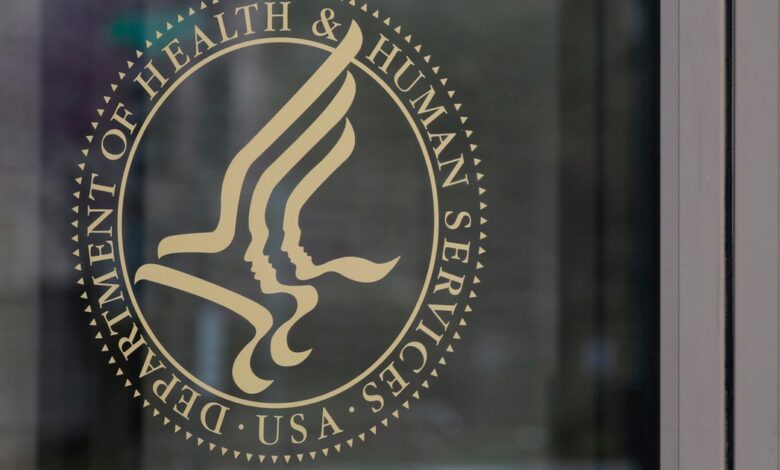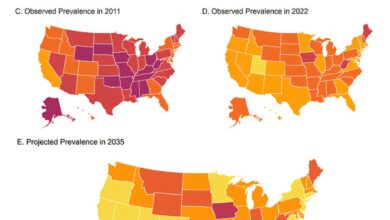Health agencies “not creating an autism registry,” official says, contradicting NIH director

The Department of Health and Human Services has clarified that they are not creating an autism registry, despite earlier statements made by the National Institutes of Health director regarding plans to study the causes of autism. The department stated that their real-world data platform will link existing datasets to support research into the causes of autism and improve treatment strategies.
The announcement by NIH Director Dr. Jay Bhattacharya to gather confidential health data for Secretary Robert F. Kennedy Jr.’s autism research effort has faced criticism from advocacy groups and autism researchers. Some healthcare providers diagnosing and treating individuals with autism have been inundated with requests to remove their data and cancel appointments due to concerns about patient privacy and fears that the data could be used to support unfounded claims.
The HHS official’s statement contradicts Bhattacharya’s earlier plans to develop a national disease registry, including one for autism, as part of a new data platform to study autism and other chronic diseases. It is unclear why Bhattacharya’s plan was reversed, as he did not respond to requests for comment. The HHS has not provided an explanation for the change in plans.
The research effort, which involves a $50 million investment, aims to understand the causes of autism spectrum disorder (ASD) and improve treatments by leveraging large-scale data resources and promoting collaboration across sectors. The NIH still intends to collaborate with other federal agencies, such as the Centers for Medicare and Medicaid Services, to create a comprehensive health dataset while maintaining high standards of security and patient privacy.
The NIH has assured that its secure data repository will analyze large-scale, de-identified data for autism and chronic diseases in compliance with federal privacy laws. The agency emphasized that the research is not about tracking individuals and that protecting personal health information is a top priority.
This latest development is part of ongoing changes to Kennedy’s autism research initiative since its announcement earlier this month. Bhattacharya indicated that grant funding for the research could be awarded by September, later than the initial timeline proposed by Kennedy. The uncertainty of scientific advancements was acknowledged, with Bhattacharya stating that progress depends on various factors.
Overall, the focus remains on advancing research into autism and chronic diseases while upholding strict privacy standards and ensuring the protection of individuals’ health information.





